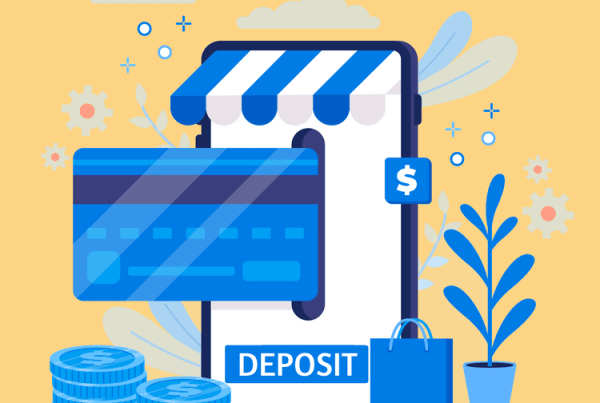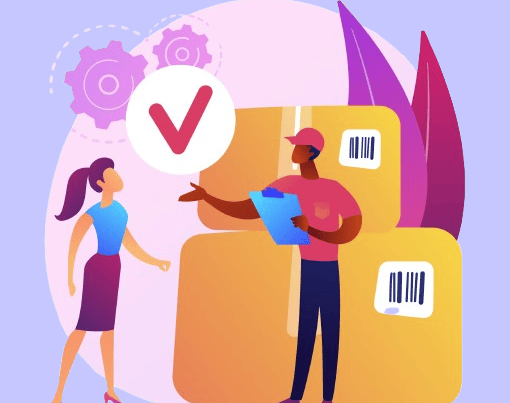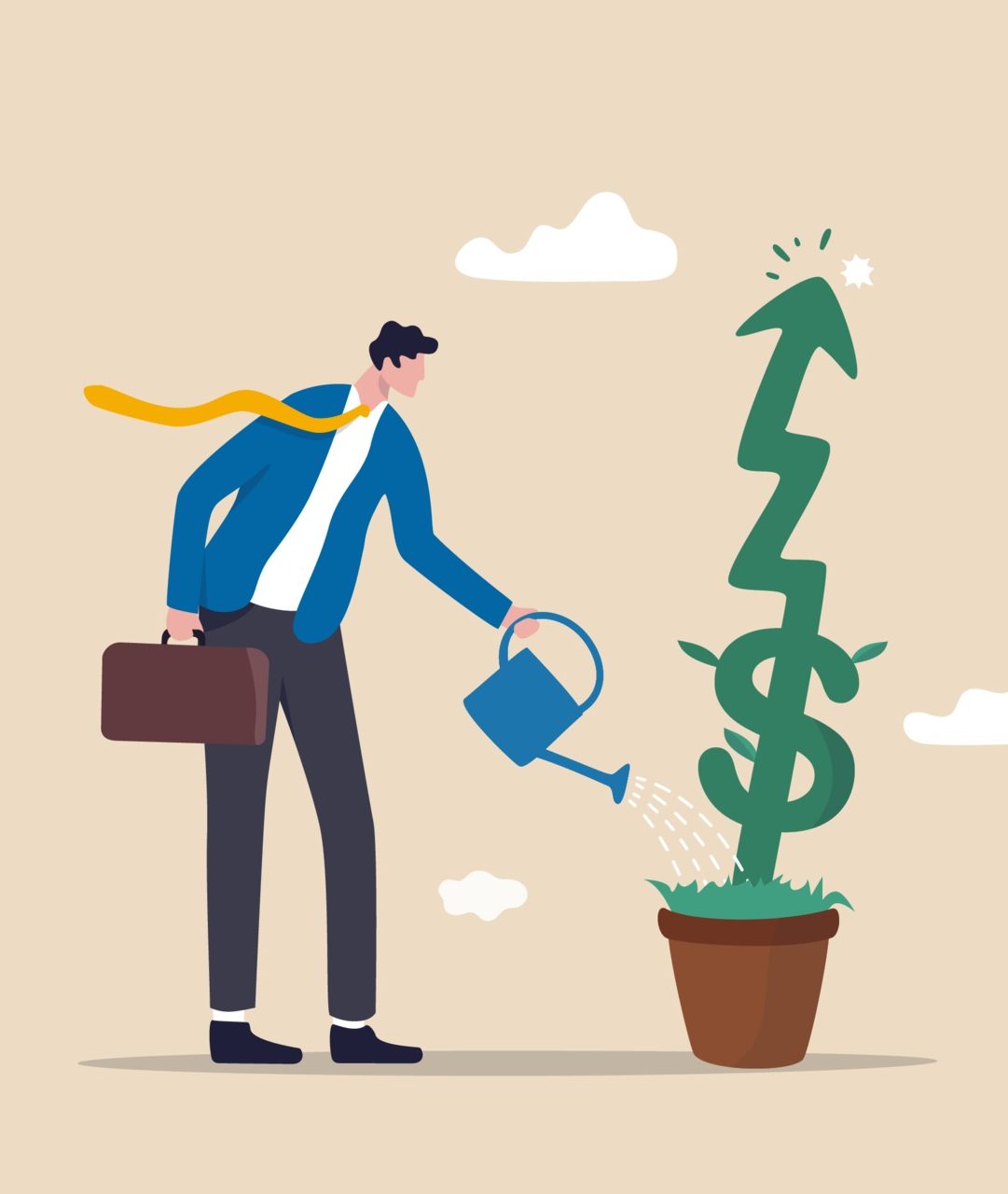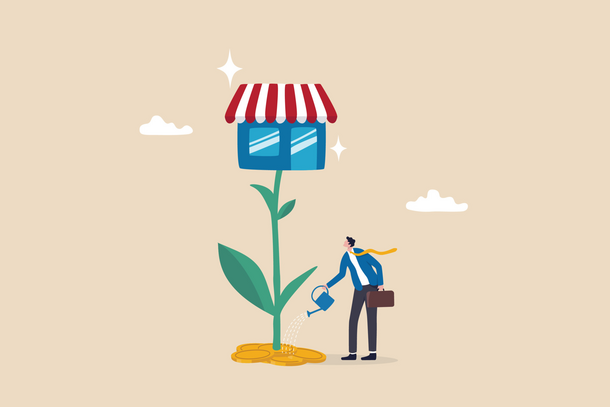

You must have heard a common myth that WooCommerce cannot be scaled for large enterprises and is only suitable for small to medium-sized stores. However, that is not true. Yes, WooCommerce is Scalable.
Scaling is totally dependent on your store’s ability to expand without compromising its performance or user experience.
Follow through with me until the end and find out how you can effortlessly scale your WooCommerce business.
Understand WooCommerce Scalability
Scalability refers to your store’s ability to handle more demand while keeping a consistent performance. Scalability becomes important as your business expands. It also helps avoid delivery delays and bad customer support.
Now let us discuss some Benefits of a Scaling WooCommerce Store
- Improved Performance: Your store scale efficiently and improves in loading times. Scaling does handle your traffic efficiently.
- Enhanced User Experience: Smooth navigation and fast transactions make your customers happy.
- Effective Catalog Management: Scalability allows easy handling of large product catalogs.
- Integration Opportunities: WooCommerce scaling unlocks many opportunities. Like you can get extra add-ons and plugins for more features.
- Customization Flexibility: You can customize your store as needed without compromising its performance.
Moving onto the common scalability issues
Several challenges can hinder scalability in WooCommerce stores:
- Traffic Spikes: Huge surge of visitors during sales or promotions can strain your server resources.
- Database Queries: When database queries are poorly optimized, they might slow down page loading times.
- Resource-Intensive Plugins: Some plugins use too many resources, slowing down the system. You could delete them and look for better options.
- Inefficient Code: Bloated or poorly written code impacts your scalability. Fixing this on your own would be a huge task if you are not an experienced coder. I recommend you opt for WooCommerce development services. They can ease it for you.
- Server Configuration: Bad server settings can limit your site’s growth potential.
How Many Products Can WooCommerce Handle?
This question might come to the mind of any shop owner. Do you have to worry about it? No, you don’t have to.
WooCommerce is built in such a way, that it can handle an unlimited number of products. The only cap is your store’s scaling. Unless you scale your store, you won’t be able to get more products.
So, whether you’re selling a few hundred items or tens of thousands, WooCommerce is a solid choice for your online store!
How to Scale Your WooCommerce Store?
Choosing the Right Hosting Provider
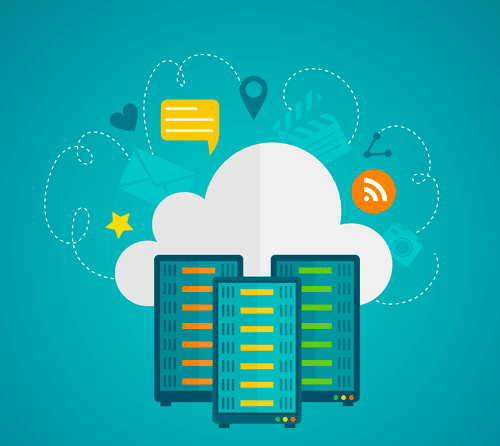
Before making a decision consider these factors-
- Uptime: Consider hosting providers with high uptime. Because downtime can affect your business.
- Scalable: Make sure your hosting provider can handle your website’s growth.
- Support: You must choose a host with 24/7 customer support.
- Security: You also need to ensure the host offers features like SSL certificates and regular security updates.
Managed vs. Unmanaged Hosting
Now let’s understand the differences between managed and unmanaged hosting to help you make an informed choice.
Managed Hosting:
- Server Management: The hosting service handles server setup, maintenance, and updates. This is why many shop owners prefer Managed hosting. Other factors also matter so let us discuss them as well.
- Onboarding: Managed hosting is well optimized for specific platforms (e.g., WordPress), offering better support.
- Control Panel: These hosting provide a pre-built control panel for various tasks.
- Security: They offers enhanced security with regular updates and proactive threat management.
- Support: You get superior 24/7 customer support.
- Level of Control: You do get less control over the site, as many aspects are managed by the host. This could be a downside if you want complete control of your site.
- Price: It is typically more expensive due to additional services and resources.
Unmanaged Hosting:
- Server Management: You are responsible for server management, including backups and updates.
- Onboarding: This hosting service could or could not be optimized for your platform.
- Control Panel: You are accountable to set up control panels and tools yourself.
- Security: It is your responsibility to update security patches and scan for any vulnerabilities.
- Support: They offer basic support, not at par with managed hosting.
- Level of Control: You get Full control over your website but with added responsibility.
- Price: Cheaper as the host provides fewer services.
Choosing Themes and Plugins

When you scale your store, you may also need to get additional plugins and change your theme accordingly. Below are a few points that you need to consider.
- Load time– Make sure the new plugin or theme you get loads and performs perfectly. If it loads slowly, that could cause issues with user experience.
- Deployment– You must check the launch date of the plugin or theme. Note if there are frequent updates released or not, and importantly if it’s compatible with WordPress.
- Documentation– Documentation explains the setup and installation of the plugin or theme. A notable plugin always has documentation.
- Reviews– You need to check the reviews to get to know the pros and cons. You can then give it a second thought before opting for it.
- Support– Do the WooCommerce developers offer support when needed, how long do they take to respond, and how quickly do they solve the issue depending on the complexity? You should consider all these things.
Setting Up Caching Strategies
1. Page Caching
In Page Caching, the complete HTML pages are stored as static files. This reduces the need to regenerate them for each user request.
You can use plugins or server-level configurations to cache pages. Popular tools include Varnish, WP Super Cache (for WordPress), and Nginx FastCGI caching.
The benefits of Page Caching are Faster page load times, reduced server load, and improved scalability.
2. Object Caching
Object caching stores the data that are frequently accessed such as database query results or API responses in memory.
You can utilize tools like Redis or Memcached. These in-memory key-value stores enhance data retrieval speed. Some of the benefits are reduced database load, faster data access, and improved overall performance.
3. Opcode Caching
Opcode caching stores compiled PHP code in memory, avoiding the need to recompile it on each request.
Enable opcode caching extensions like Alternative PHP Cache(APC) or OpCache. The benefits you get are faster PHP execution, reduced server load, and improved response times.
Looking for WooCommerce development services to scale your store?
Get Expert Advice Now!Database Optimization
When it comes to scaling your WooCommerce store, optimizing your database is a must-do thing. You need to index your queries.
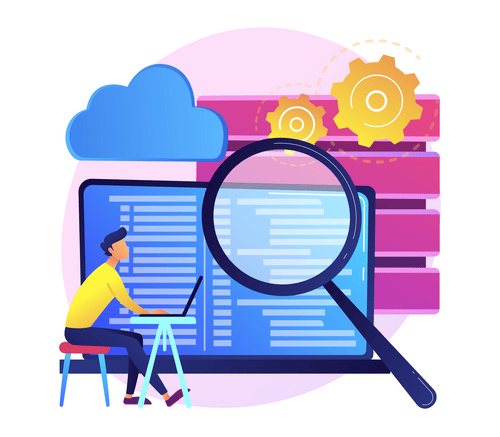
Indexes allow faster data retrieval by improving query performance. You should identify columns frequently used in WHERE clauses and create appropriate indexes. But avoid over-indexing.
Make use of JOINs instead of subqueries. Also, avoid using SELECT * and specify only the necessary columns. Reason for doing this is it could cause database performance issues when you work with large tables. Also when you use SELECT *, database searches all columns even when they are not needed.
Remember to regularly clean your database by removing unnecessary data, optimizing tables, and running maintenance tasks.
Utilize Content Delivery Networks
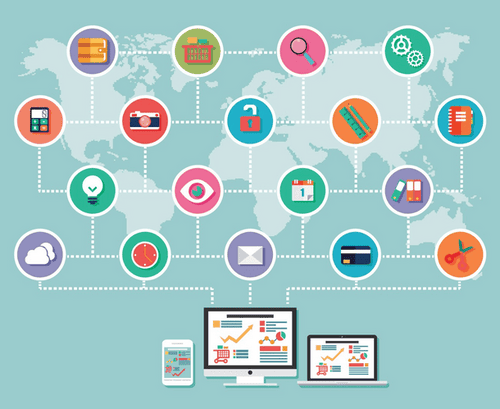
CDNs distribute your store’s assets (images, CSS, JavaScript) across multiple servers globally. The primary purpose of CDNs is to improve the performance, speed, and reliability of web content delivery, especially for websites with high traffic or global reach.
Take it with this example, suppose your client lives very far from your store’s location. Now when that customer visits your site, the site’s content might load slowly due to latency in servers. But with a CDN your site’s data is accessed through distributed servers closest to the customer. This results in faster loading time.
There are tons of good CDNs out there. To name a few, Cloudflare, Akamai, or Amazon CloudFront are among the best choices.
Enhance Security for your Scaled Store
Security is crucial because as your store grows, it becomes a more attractive target for cyber threats.
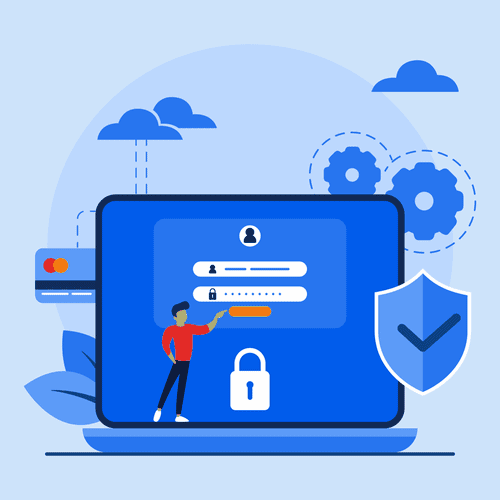
Some of the strategies you could follow to secure your store-
- Update Your SSL certificate– You need to monitor the expiration of your SSL certificate. If it has expired, purchase a new one from a trusted Certificate Authority or get one from LetsEncrypt.
- Perform Routine Security Audits– You must regularly scan your site for outdated software, weak passwords, and vulnerabilities. Utilize security audit plugins or seek professional help from professional WooCommerce developers.
- Monitor Activity Logs– Keep an eye on your site’s activity logs to identify suspicious behavior and potential security issues.
- Backup Your Store– Ensure you regularly backup your site so that you can quickly restore your store in case of a security breach.
- Check the Analytics– You need to check how well-optimized your pages are. You can do this by using online analytics tools like GTmetrix and PageSpeed Insights.
By following these security practices, you can protect your high-traffic WooCommerce store and provide a safe shopping experience for your customers.
Final Thoughts
WooCommerce scalability is totally your choice. If you see your customer base and demand is rising, that is the cue to scale your store.
Lets recap. We first understood what WooCommerce scalability is and talked about the issues faced during scaling. We also answered the common question- how many products can WooCommerce handle?
Right from choosing the best hosting provider to utilizing CDNs, we discussed how you can manage your traffic and offer quick services.

